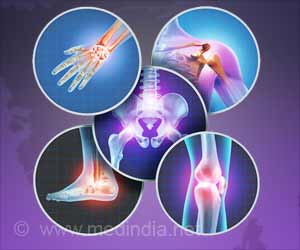Metabolic syndrome exacerbates the effects of COVID-19 in patients. This urges the need for potentiation of repurposed metabolic-related drugs to effectively treat COVID-19.

‘Metabolic disturbances involving diabetes, fatty liver, and acute kidney injury (AKI) , — are shown to exacerbate the effects of COVID-19 in patients. This urges the need for potentiation of repurposed metabolic
-related drugs to effectively treat COVID-19.’





The entry of the virus into the host cells produces a wide range of symptoms like fever, dry cough, fatigue, and in most severe cases triggers a massive cytokine storm, leading to fatal pneumonia (respiratory disease) and develop acute respiratory distress syndrome (ARDS). This explains why there is a deterioration of pre-existing metabolic disorders.The close focus on the interaction between COVID-19 and metabolic syndrome sheds light to potentiate the use of repurposed metabolic-related drugs. The study also draws attention to the importance of treating metabolic diseases in COVID-19 patients.
Source-Medindia











